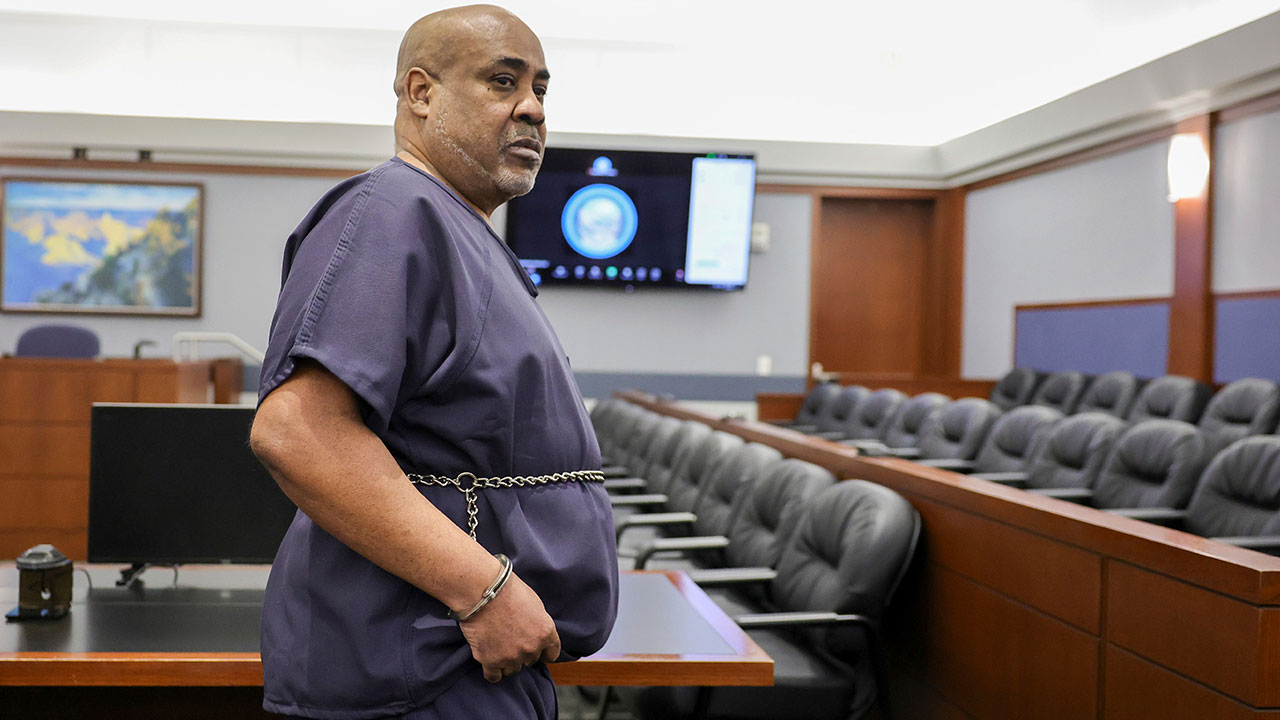Tupac’s Murder Trial Delayed: What’s Next for Keefe D?

Well, folks, it looks like the saga surrounding Tupac Shakur’s murder just got a whole lot longer. Duane “Keefe D” Davis, the only man officially charged in the 1996 drive-by shooting of the iconic rapper, is now facing a delay as his trial has been pushed back to February 9, 2026. That’s right—more than two years from now! The original court date was set for March 2025 but “Keefe D” needed some extra time to get his defense in order—because, you know, almost three decades of legal drama isn’t enough to prepare for a murder trial.
While prosecutors allege that Old School Keefe orchestrated the entire incident—that fateful night when Tupac was shot in Las Vegas—the drama thickens. Davis has gone from confessing to being part of the lethal vehicle to now saying he wasn’t even in Vegas at the time of the shooting. Talk about a plot twist! And let’s not forget, in earlier statements, he had pointed fingers at Tupac’s infamous beef with gang members, particularly after a scuffle with Crip Orlando “Baby Lane” Anderson just hours before the shooting. Anderson has since been linked to the shooting itself and was killed in 1998, but not before leaving behind a trail of suspicion and tension.
Keefe D has pleaded not guilty to first-degree murder, but it’s hard to keep track of his story at this point. The complexities of this high-profile case reflect just how deep the connections run within the music industry and street life of the time. Back in the ’90s, Tupac and the Notorious B.I.G. were caught up in a deadly rivalry, with Davis himself noting that Shakur’s murder may stem more from gang disputes than from the notorious East Coast-West Coast beef.
Either way, this extended timeline means that we’re going to be hearing a lot more about this case as it continues to unfold. If you thought you were done with the never-ending Tupac saga, think again—this is bound to be a wild ride for the next few years. Buckle up, people!
Sources: Celebrity Storm Wire and CBS News, Rolling Stone, The Guardian




